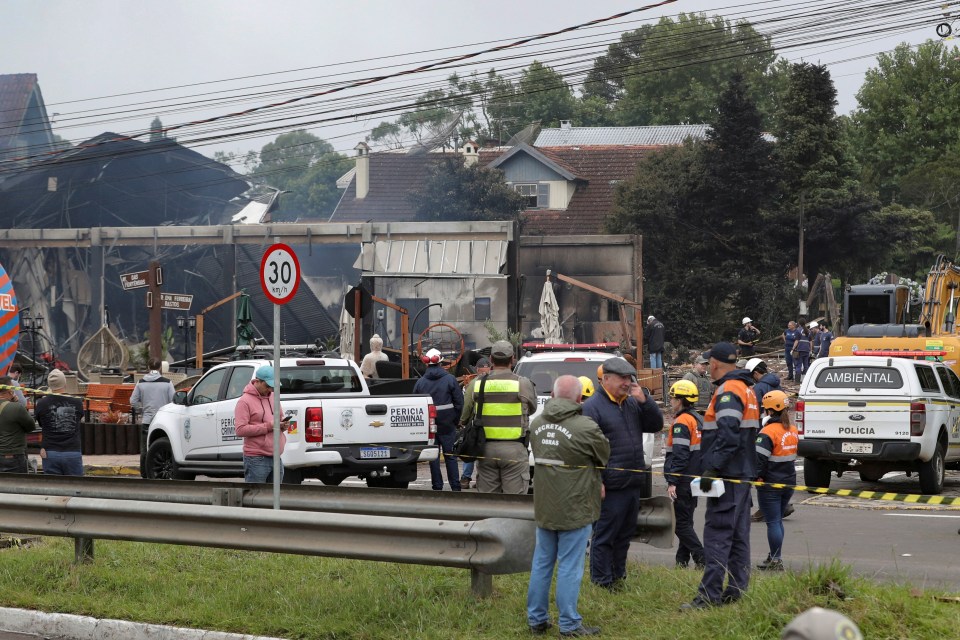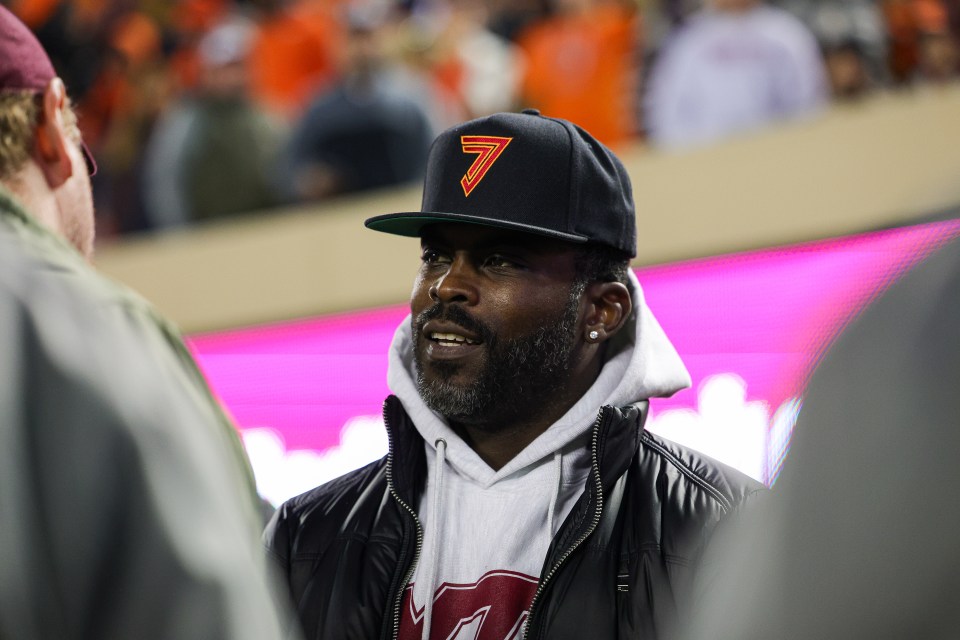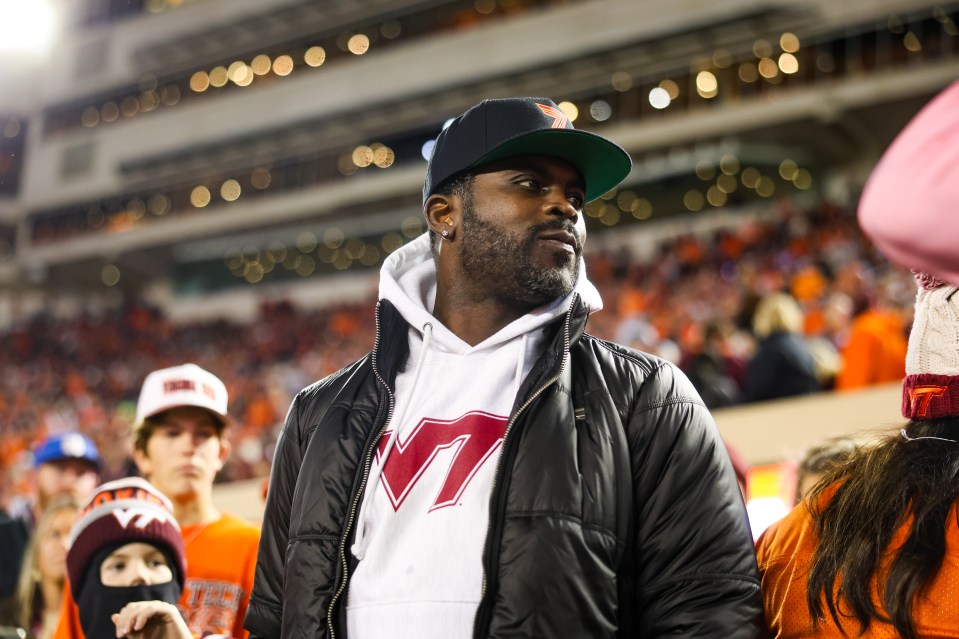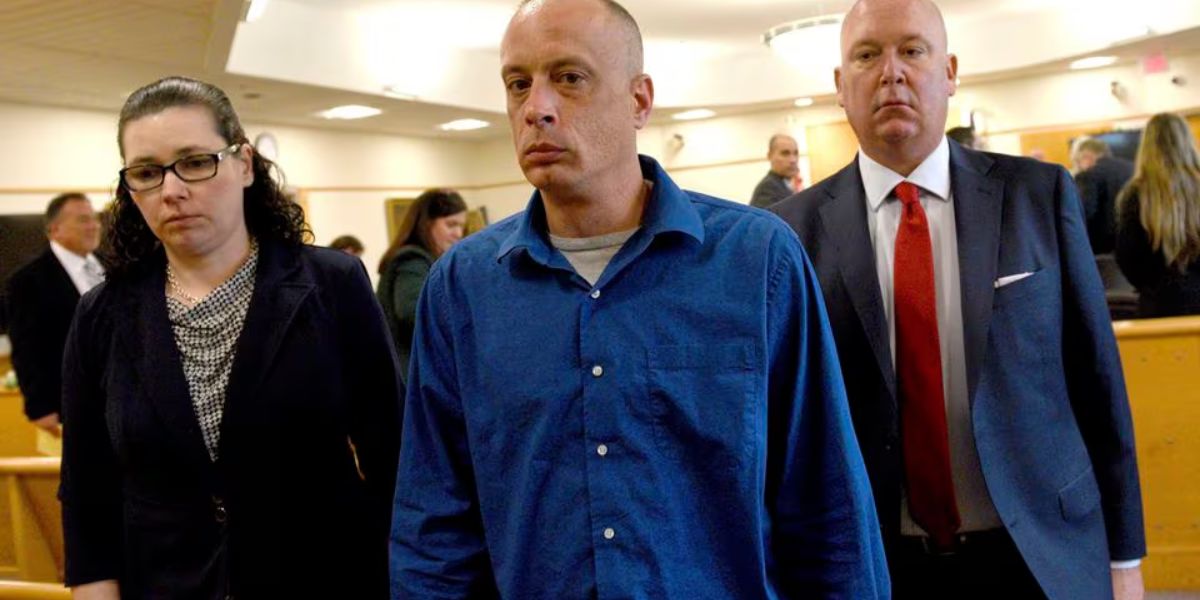Big Request Made To Question Jurors In $38 Million New Hampshire Youth Center Abuse Case
CONCORD, NH – Some jurors voiced dismay that the $38 million award may be lowered by nearly 99%. On Tuesday, attorneys for a man who won a landmark lawsuit over torture at New Hampshire’s child detention center urged a judge to reconvene and interrogate jurors.
David Meehan, who claimed that the state’s incompetence permitted him to be regularly raped, beaten, and kept in solitary confinement while he was a teenager at the Youth Development Center, was given $38 million by a jury on Friday.
However, in accordance with a state statute that permits plaintiffs suing the state to recover up to $475,000 for each “incident,” the attorney general’s office is attempting to lower the amount.
Since then, three distraught jurors—including the jury foreperson, who expressed feeling “devastated” and “duped”—have gotten in touch with Meehan’s attorneys. Another juror claimed the state was misinterpreting the result.
Here are some details concerning the dispute’s progression, albeit no hearing has been set.
THE TRIAL
Meehan, 42, reported something to the police in 2017 and filed a lawsuit against the state three years later. Since then, over 1,100 former residents of what is now known as the Sununu Youth Services Center have filed lawsuits alleging physical, sexual, and emotional abuse spanning six decades, and eleven former state employees have been placed under arrest. Tuesday saw the dismissal of charges against one former employee, Frank Davis, 82, following his determination that he was not able to stand trial.
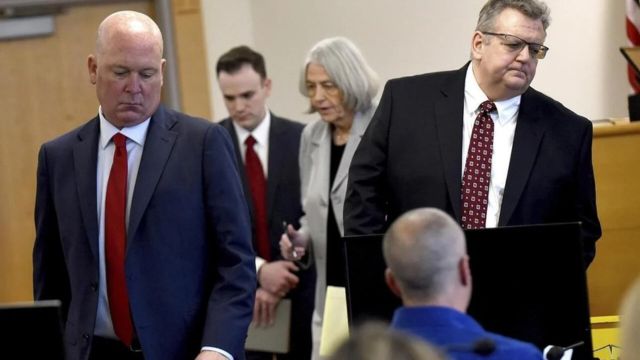
The first case to go to trial was Meehan’s. For more than four weeks, his lawyers argued that the state supported a culture of abuse characterized by widespread violence, corruption, and a code of silence.
SEE MORE – “Early Farewell!” West Oahu State Senator Announces Resignation Date Moved Up
Meehan was depicted by the state as a violent child, a mischievous adolescent, and a deluded adult who lied to obtain money. Additionally, defense lawyers claimed that Meehan delayed filing her lawsuit too long and that the state was not responsible for the actions of rogue employees.
THE FINAL WORD
Jurors found unanimously that Meehan was hurt in the facility, that the state was negligent in causing his injuries, and that he brought his lawsuit in a timely manner. They concluded that the state had behaved with reckless disregard or had abused its power, and they granted him $18 million in compensatory damages and an extra $20 million in increased damages.
The state statute capping damages at $475,000 per occurrence was not disclosed to the jury. On the verdict form, they noted “one” in response to the question about the number of occurrences they believed Meehan had proven.
Exactly what qualifies as an incident?
That’s when things get complicated.
Attorneys for the state contended that Meehan’s allegations were all the result of a single alleged case of negligence during pre-verdict talks that took place without the jury present. The attorneys for Meehan asked that every instance of physical or sexual abuse, even if they occurred concurrently, be treated as a distinct occurrence.
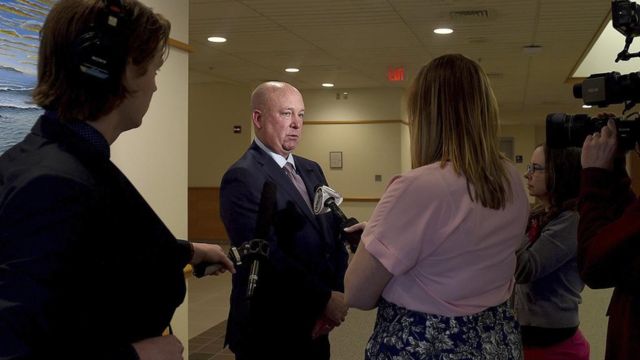
Meehan’s lawyer David Vicinanzo stated, “Merely raping a child is bad enough, but it’s even worse, and a separate incident if it also involves hitting him in the head or kicking him in the ribs or other things to get him to comply.”
The court even thought of asking the jury to rule on whether there was an injury and whether the state was responsible, along with a list of the many kinds of maltreatment that were allegedly reported on each date. However, the state claimed that giving Meehan’s side access to such a list would be unfair.
According to Judge Andrew Schulman, who expressed disagreement with both sides, if he had to define the term “incident,” he would classify all of the acts that took place during a particular “episode” as a single occurrence. That brought him closer to the plaintiff’s position, but in the end, he declared that he would let the state Supreme Court make the final decision.
SEE MORE – Stay Ready, Mississippi! Governor Reeves Declares Hurricane Preparedness Week
“If it doesn’t need to be defined in the first place, why go out and define something that has a 50% chance of being wrong?” he asked. “I don’t think I have to, but they can handle it.”
The state’s attorney, Martha Gaythwaite, did not bring up the matter during her juror closing speech. Meehan was reportedly subjected to 200 rapes, 200 beatings, and around 100 days in unwarranted solitary confinement, according to Vicinanzo’s testimony before the jury.
He remarked, “I want to make it clear to you that the numbers are very important.”
During his oratory directions to the jury, Schulman requested “just the number of incidents for which you find liability based on timely claims” from the jurors instead of requesting a list of choices made “incident by incident.” “(a) single episode during which the plaintiff was injured; (b) for which injuries the jury has found DHHS liable in response to previous questions; (c) on claims the jury found to be timely claims in response to question 1,” according to the verdict form itself.
The jury wrote “one” in response to that question.
WHAT WAS THEIR MEANING?
One juror provided the following explanation:
A juror wrote to Meehan’s attorneys on Sunday, saying, “I can not state strongly enough that we the jury were in unanimous agreement that David suffers from ‘one’ incident/case of complex PTSD, as the result of 100+ episodes of abuse (physical, sexual, and emotional) that he sustained at the hands of the State’s neglect and abuse of their power.”
Since David’s PTSD will never go away and cannot be adequately described by a certain date or experience, we only wrote about one incident.
The juror had previously stated that the question was phrased incorrectly and chastised the state for how it interpreted the response. The jury foreperson wrote to the counsel in separate emails about how she spent a restless night sobbing after finding out about the cap.
The jury foreperson noted, “We had no idea.” “I promise that our outcome would have reflected it if we had known that the settlement amount would be determined on an incident basis.”
SEE MORE – Update Here! Mike Rogers’ Florida Voter Registration Cancelled, How Will They Do Now
The request to call the jury back has not yet received a response from the state. But earlier Tuesday, it filed an objection to Meehan’s initial request for a hearing, saying there was no legal basis for relief concerning the jury’s “unambiguous” finding of one incident.
As for not being told of the cap, Assistant Attorney General Brandon Chase noted that the judge expressly ruled that the jury would not be informed of it, in keeping with judicial precedents. In criminal trials, for example, juries generally are not told of the penalties a defendant will face if convicted to avoid affecting the outcome, he noted.
Meehan’s attorneys, however, insist the judge is obligated to poll the jury when it appears a jury has misconceived its duty.
“This is not a case in which the moving party is speculating about jury error in some way grasping at straws,” they wrote. “It is a case in which three of twelve jurors have taken their duty seriously enough to come forward and attempt to correct what they perceive to be a miscarriage of justice.



